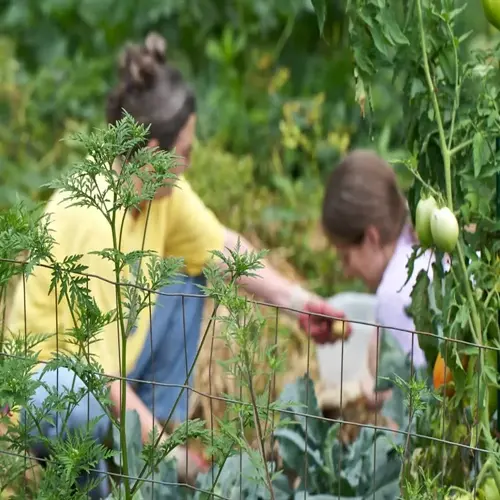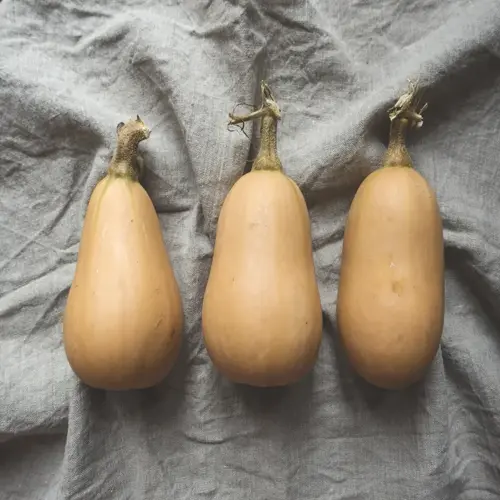Are radish greens edible and nutritious?

Written by
Nguyen Minh
Reviewed by
Prof. Martin Thorne, Ph.D.Radish greens are nutritional champions with vitamin levels even higher than the roots. They deliver notable amounts of vitamins A and C, as well as a significant quantity of iron and calcium. Far from being waste, these edible leaves become flavorful components. In my own kitchen, I often substitute them for spinach.
Nutrient Density
- 6x more vitamin C than radish roots per ounce
- Higher calcium content than milk per serving
- Rich in vitamin K for bone health
- Significant iron levels combatting anemia
Culinary Applications
- Blend into pesto with basil and walnuts
- Sauté with garlic as nutrient-packed side dish
- Add raw young leaves to salads for peppery notes
- Substitute for spinach in quiches and omelets
Harvesting Tips
- Pick greens when leaves reach 3-4 inches long
- Choose vibrant green leaves without yellowing
- Harvest in morning when nutrient levels peak
- Avoid plants showing flower buds for best flavor
To optimize the utilization of your greens, it's important to prepare them correctly. Before using, be sure to remove any tough stems from the mature leaves. Wash away any dirt with cold water, as it can be gritty. For older greens, blanch for about 60 seconds to remove the bitterness. I always taste the raw leaves first before deciding what to do with them!
Proper storage of greens will help retain nutrients. Keeping greens unwashed in air-tight containers with slightly damp towels (at room temperature) for 2-3 days will maximize their nutritional peak. If your greens are well-blanch prior, they can be frozen for long-term storage. If you dry them with a dehydrator at 115°F (46°C), you will have a nutrient-dense powder for seasoning your food, smoothies, soups, and more. My freezer always has some radish greens portions, which I use in the winter.
Prepare greens innovatively for the best experience. For example, I make soup from radish greens, potatoes, and leeks. I create kimchi-style fermented greens for the probiotics. I blend the greens into smoothies with pineapple to smooth the tangy-spicy notes. I have served radish greens dishes that won over family members who were skeptical of greens.
Steer clear of greens that bear yellow discoloration or slimy texture. Do not harvest from any plants that have been treated with pesticides at least a week prior. When introducing greens into your diet, start slowly, as their high fiber content can cause digestive discomfort. Start with tiny amounts of pre-mixed greens that are as mild as possible.
Read the full article: 3 Signs to Know When to Harvest Radishes

